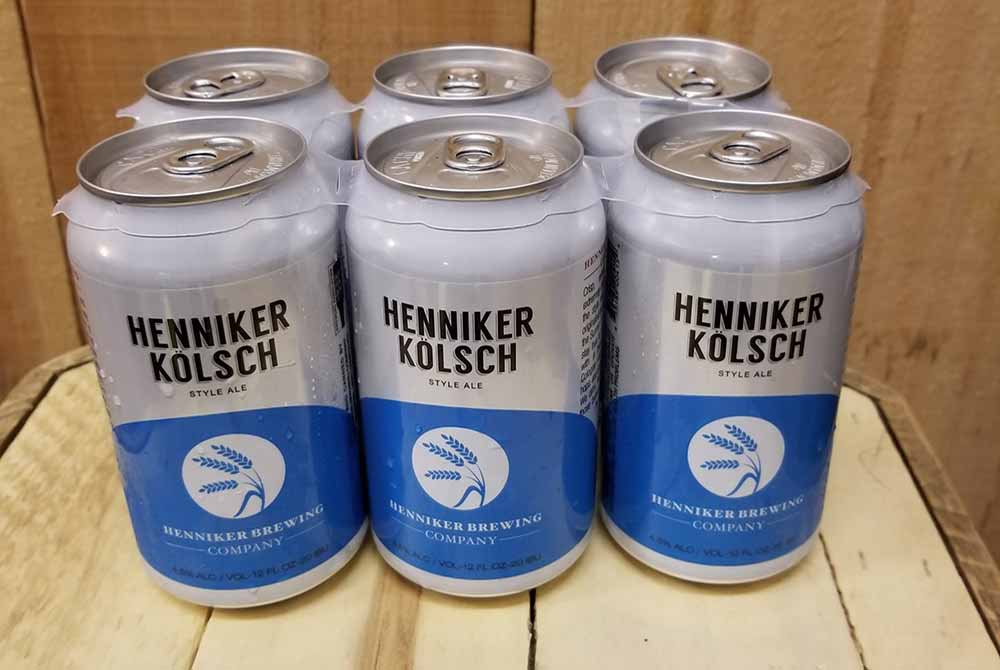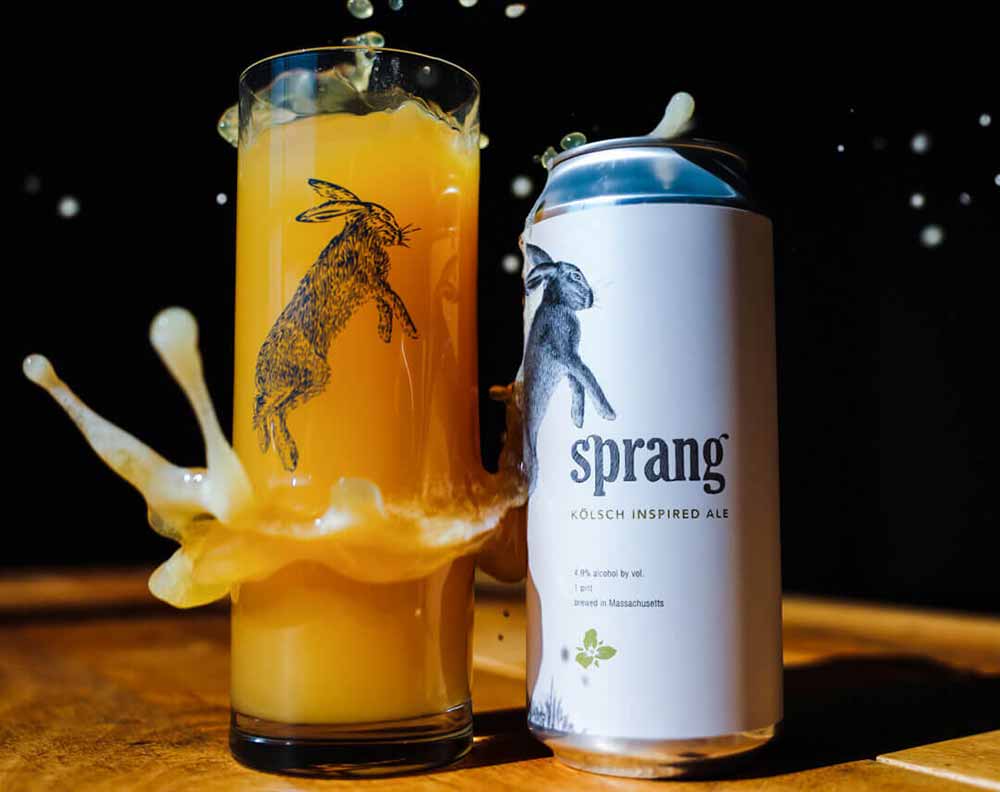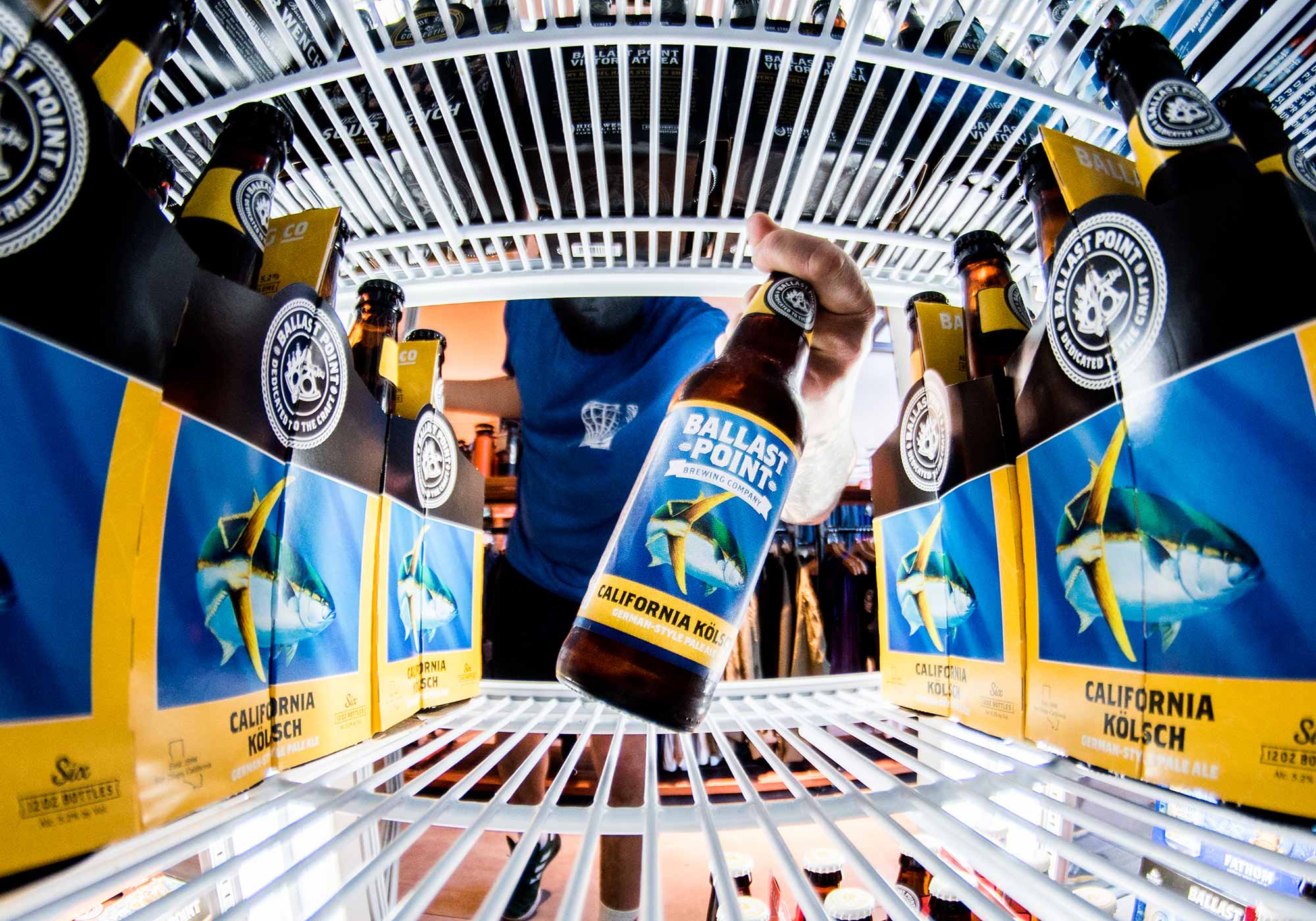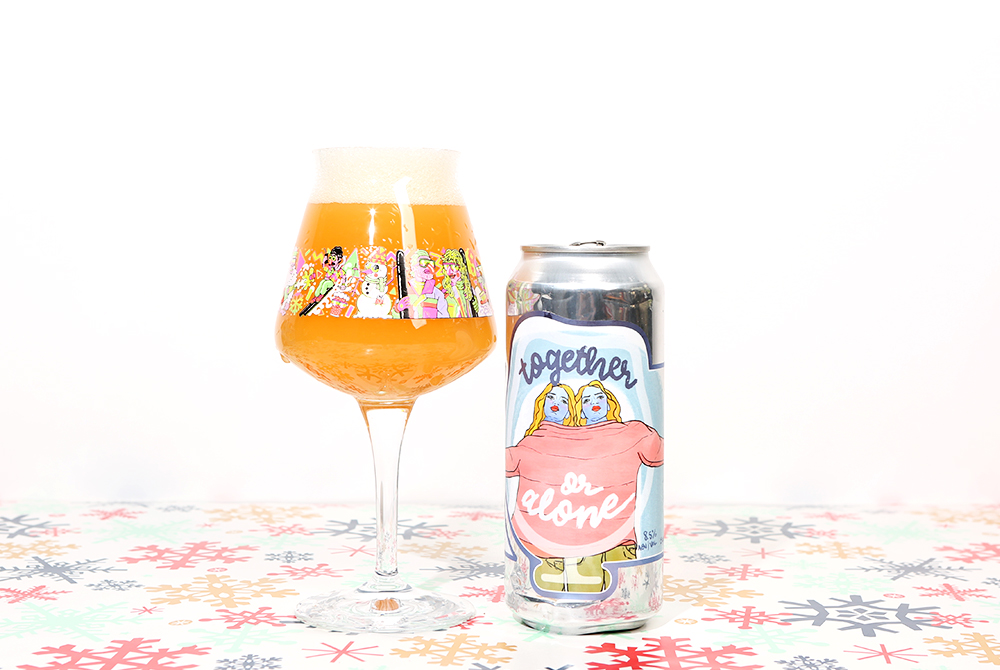Shop
What Is a Kölsch?
Here's why you need to try this humble style of beer.
When you’re responsible for bringing the beer to dinner, you pack different styles so there’s something for everyone. IPA, sour, maybe even a hard seltzer. It’s just what you do. But a couple years ago, in addition to the IPAs and Pilsners I brought to a party, I also included two cans of Kölsch, which were met with chuckles by my wife’s friend. She went to school in Germany and informed me that in the country of poets and thinkers, Kölsch is either a joke beer or just plain old trash. It’s the kind of beer students casually chugged because it’s cheap and relatively easy-to-drink for yearling drinkers.
Of course, that didn’t sit well with me. A whole style deemed trash? Unthinkable. Here in the U.S., trash beer is whichever commercial brew took up the most real estate in your grandad’s fridge. Maybe Budweiser, or Coors, or Miller — none of which fall under the category of Kölsch. One part fruit, another part bready, yet other parts crisp and smooth, the Kölsch is a noble beer with an interesting history.
All hail the humble Kölsch!
What’s Special About A Kölsch?
The story of Kölsch begins several hundred years ago, when bottom-fermenting lagers slowly started gaining popularity. This didn’t sit well with the brewers of Cologne, Germany, who mostly made top-fermented beers, aka the ales we all love and crave. We’re not exactly talking about a Sharks vs Jets street fight here, but the increasing influence of lager-style beers warranted a response from Cologne’s beer culture.
So, Cologne brewers employed the style they knew well — top-fermented beers — and married it with the rival style — the up-and-coming bottom-fermented beers. Thus was born the Kölsch, top-fermented in the great tradition of ales and then cold conditioned in the great tradition of lagers, effectively producing a beer that merged the best of both worlds.
If you’ve ever gone to a pub or a brewery and found yourself in the midst of decision paralysis, go for a Kölsch: You’ll get the hoppy notes you want from an ale and the chilled, refreshing finish you want from a lager. It’s a beautiful hybrid of beer’s defining styles.

Photography courtesy of Henniker Brewing Co.
So Why Does Kölsch Have A Bad Rap?
In order to understand why my friend who studied in Germany laughed at the Kölsch, it’s worth examining history. Specifically, we need to look at World War II and the bombing of Cologne throughout the 5 years prior to its capture by American troops on March 6th, 1945. Although you probably didn’t come here for a lecture on WWII, the role the conflict played in the region is impossible to overlook.
Before the war, Cologne boasted over 40 breweries, including Sünner, the brewery that first used the name “Kölsch.” And throughout the city, the Kölsch was quite a popular beer style. But post-war, only a few breweries remained. All the ordnance dropped over that half-decade period reduced much of Cologne to ash and rubble; it took less time for them to remerge, but the damage done to the city’s beer industry would take much longer to repair.
It wasn’t until the 1960s that Kölsch started taking off again as a popular style. But in the 1980s, German brewers put a strict definition on the brewing process required to call a beer “Kölsch,” which only a small number of breweries actually met. Talk about squashing the buzz!
That’s all to say that history put the popularity of the Kölsch through many fits and starts, resulting in a much misunderstood and maligned style.
Do American Craft Brewers Make Authentic Kölsch?
Technically, no. But who cares? The protected geographical indication that gives Cologne’s brewers the final say on the definition of Kölsch doesn’t reach beyond Europe. So here in the States, craft brewers can make Kölsch-style beer and call it a Kölsch without worrying too much about ruffling German feathers.
And boy, do they! If you want the real thing, you need to head abroad. But if you don’t care about the designations held dear by German breweries, then you’ll be quite happy drinking examples of Kölsch produced by brewers here in the U.S.
Which American Craft Breweries Make the Best Kölsch?

Photography courtesy of Trillium Brewing
It’s absolutely worth your time to seek out genuine Kölsch, as defined by The Koelsch Convention in 1986: Früh, for instance, or Reissdorf. These are arguably the most famous of Cologne’s Kölsch slate. Unsurprisingly, they’re delicious.
But if you want to go local and American, breweries like Exhibit ‘A,’ Trillium, Schlafly, Sierra Nevada, Prost, Henniker, Mother Earth, and Ballast Point each make terrific interpretations of the style. A few of those breweries — notably Henniker and Sierra Nevada — hew much closer to “traditional” Kölsch flavor profiles. In particular, Henniker beautifully expresses the intended balance between ale and lager that defines the style.
The keyword in all of this is “interpretations.” If you threw a few flights of American Kölsch-style beer in front of Cologne’s brewers, they’d probably put on a fireworks display arguing over whether or not each beer even qualifies as Kölsch. That’s a good thing, though. Brewing beer is — and for a long time, has been — all about putting one’s stamp on well-known and immediately recognizable styles. It’s why every brewery seems to make a single hop Galaxy IPA, and it’s also why we generally don’t get sick of them.
The same is true for Kölsch: Everyone brewing it is going to have their own experience with the style, and they’ll bring that experience to brew day when they make a batch themselves.




